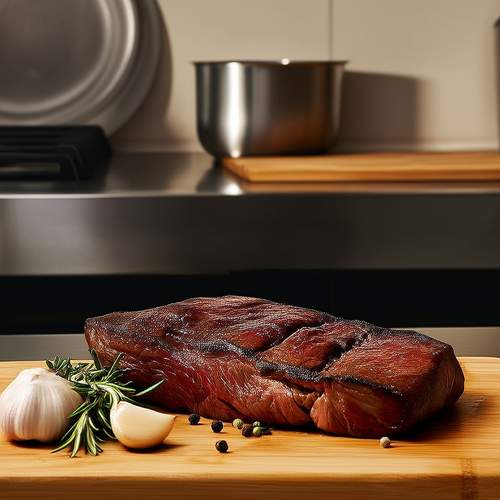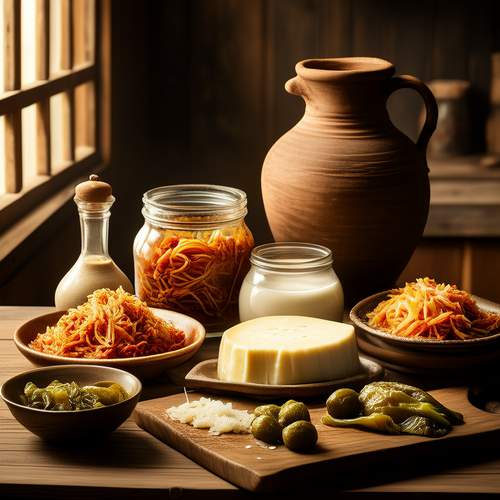The Mediterranean diet has long been celebrated as one of the healthiest eating patterns in the world, and olive oil stands at its very heart. This golden elixir is not just a culinary staple but a cornerstone of the diet’s renowned health benefits. From drizzling over fresh salads to serving as the base for sautéed vegetables, olive oil’s versatility is matched only by its nutritional prowess. But how much olive oil should one consume to truly reap the rewards of the Mediterranean way of eating? The answer lies in both tradition and modern science.
In regions bordering the Mediterranean Sea, where this diet originated, olive oil consumption is notably high. Studies suggest that individuals in these areas consume an average of 30 to 50 grams of olive oil per day—roughly two to four tablespoons. This quantity isn’t arbitrary; it reflects centuries of culinary tradition and aligns with contemporary research linking moderate olive oil intake to reduced risks of chronic diseases. The key, however, is balance. While olive oil is rich in monounsaturated fats and antioxidants, it remains calorie-dense, meaning portion control is essential even within this healthy framework.
The health benefits of olive oil are well-documented, but its role in the Mediterranean diet goes beyond mere nutrition. It’s a cultural symbol, a connector of meals and memories. Families gather around tables where extra-virgin olive oil is generously used, not just as a condiment but as a foundational ingredient. This cultural embrace of olive oil underscores its importance—it’s not just about the grams or milliliters consumed, but about how it’s woven into daily life. The ritual of dipping fresh bread into a pool of olive oil, for instance, is as much about pleasure as it is about sustenance.
Modern dietary guidelines often struggle to capture the essence of this traditional practice. While they may recommend specific quantities—such as the oft-cited two tablespoons per day—they sometimes overlook the broader context. In Mediterranean households, olive oil isn’t measured with precision; it’s used liberally but thoughtfully. This intuitive approach, refined over generations, strikes a harmonious balance between abundance and moderation. It’s a reminder that health isn’t just about numbers but about the joy and mindfulness embedded in eating.
Science continues to uncover the mechanisms behind olive oil’s benefits. Its high content of oleic acid, a monounsaturated fat, has been shown to support heart health by improving cholesterol levels and reducing inflammation. The presence of polyphenols, potent antioxidants, further enhances its protective effects, guarding against oxidative stress and cellular damage. These compounds work synergistically, making olive oil far more than the sum of its parts. Research even suggests that regular consumption may lower the risk of conditions like type 2 diabetes and certain cancers, reinforcing its status as a dietary powerhouse.
Yet, not all olive oils are created equal. Extra-virgin olive oil, the least processed and highest-quality variant, retains the most nutrients and flavor. It’s the preferred choice in the Mediterranean diet, prized for its robust taste and health properties. Refined olive oils, while still beneficial, lack the same concentration of bioactive compounds. This distinction is crucial for those seeking to maximize the diet’s advantages. Opting for extra-virgin olive oil ensures that every drizzle or spoonful delivers the full spectrum of benefits celebrated in Mediterranean cultures.
Practicality also plays a role in olive oil consumption. Incorporating it into daily meals doesn’t require elaborate recipes or drastic changes. Simple swaps—like using olive oil instead of butter for cooking or as a dressing—can make a significant difference. The Mediterranean approach is one of gradual, sustainable integration rather than rigid adherence to strict rules. It’s about making olive oil a natural, enjoyable part of eating, much like the generations before who thrived on this very practice.
Ultimately, the question of how much olive oil to consume within the Mediterranean diet doesn’t have a one-size-fits-all answer. Individual needs vary based on factors like age, activity level, and overall dietary patterns. What remains universal, though, is the understanding that olive oil is more than a food—it’s a tradition, a science-backed health ally, and a testament to the enduring wisdom of Mediterranean living. Embracing it fully means honoring both its measurable benefits and its intangible joys.

By /May 21, 2025

By /May 21, 2025

By /May 21, 2025

By /May 21, 2025

By /May 21, 2025

By /May 21, 2025

By /May 21, 2025

By /May 21, 2025

By Michael Brown/May 18, 2025

By James Moore/May 18, 2025

By Thomas Roberts/May 18, 2025

By Amanda Phillips/May 18, 2025

By James Moore/May 18, 2025

By Laura Wilson/May 18, 2025

By Emily Johnson/May 18, 2025

By Joshua Howard/May 18, 2025

By David Anderson/May 18, 2025

By Sophia Lewis/May 18, 2025

By John Smith/Apr 22, 2025

By Emma Thompson/Apr 22, 2025